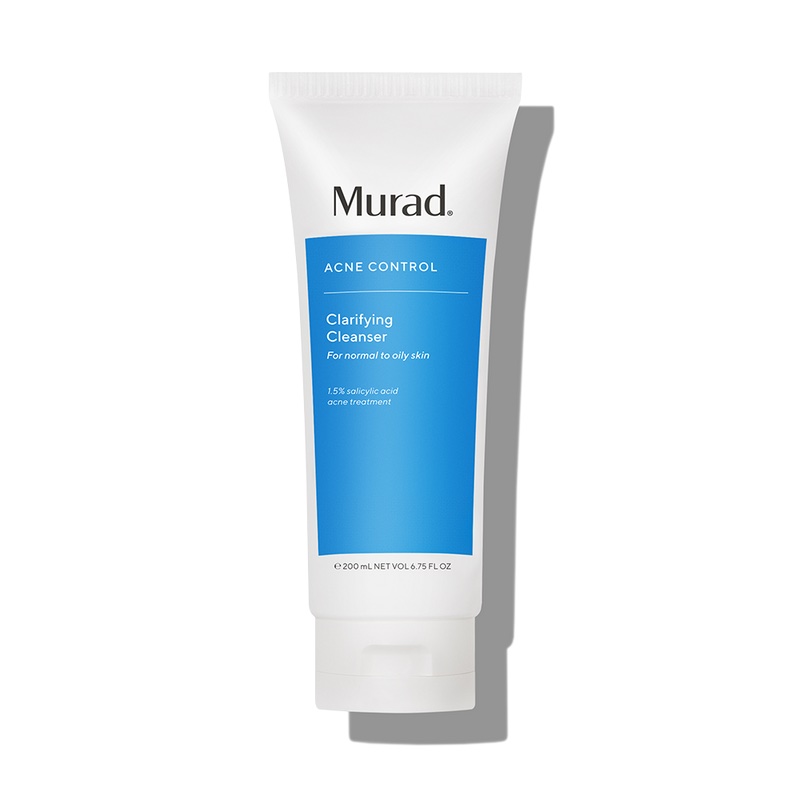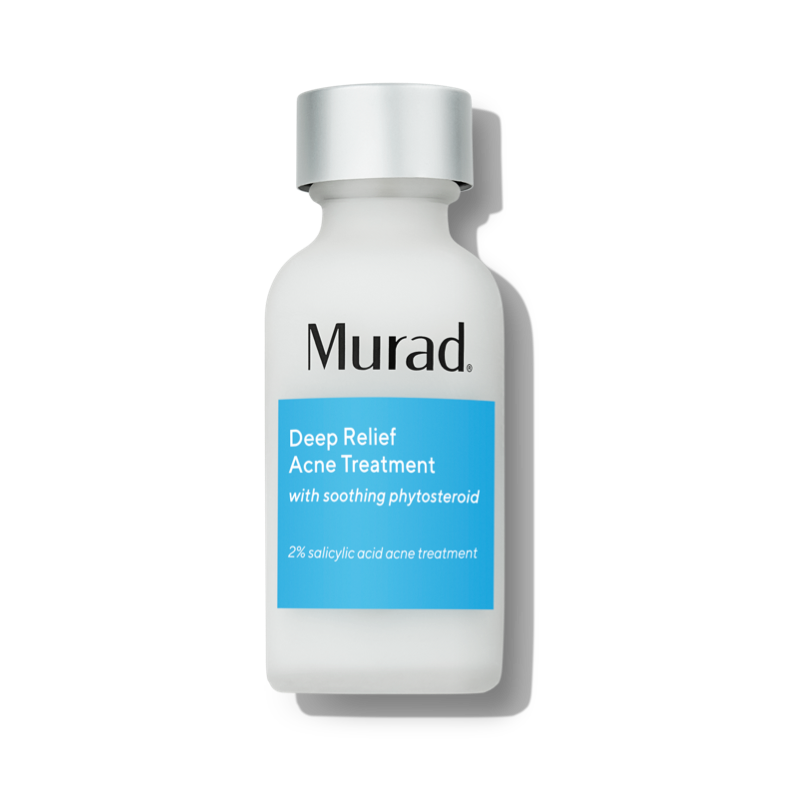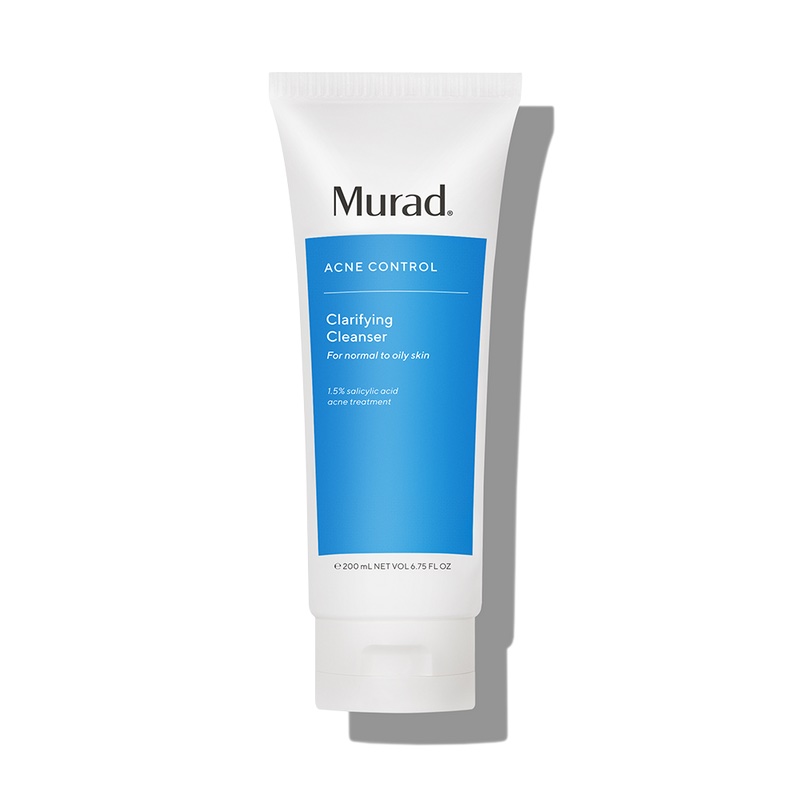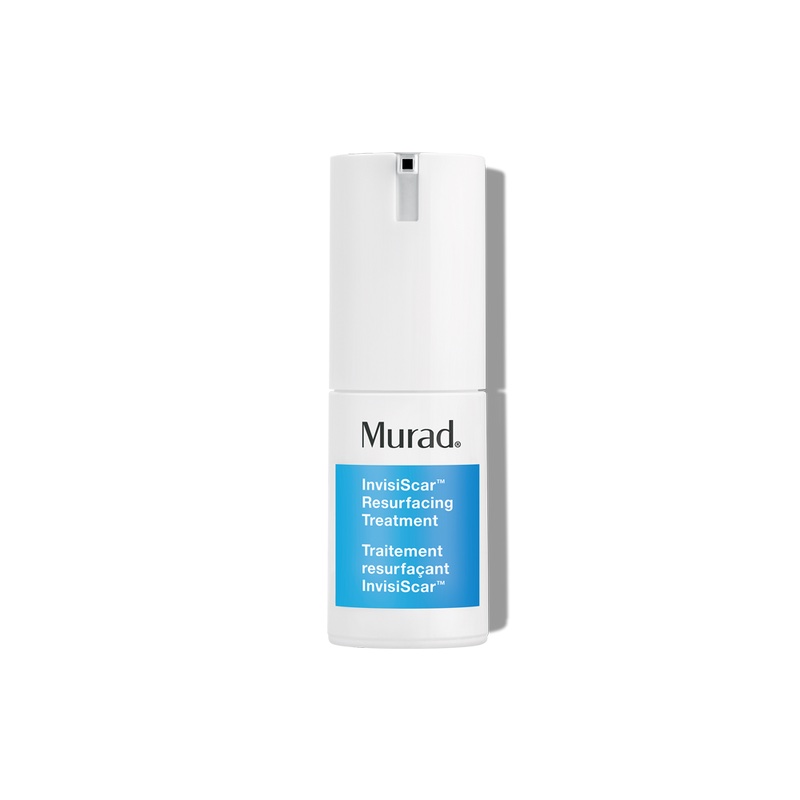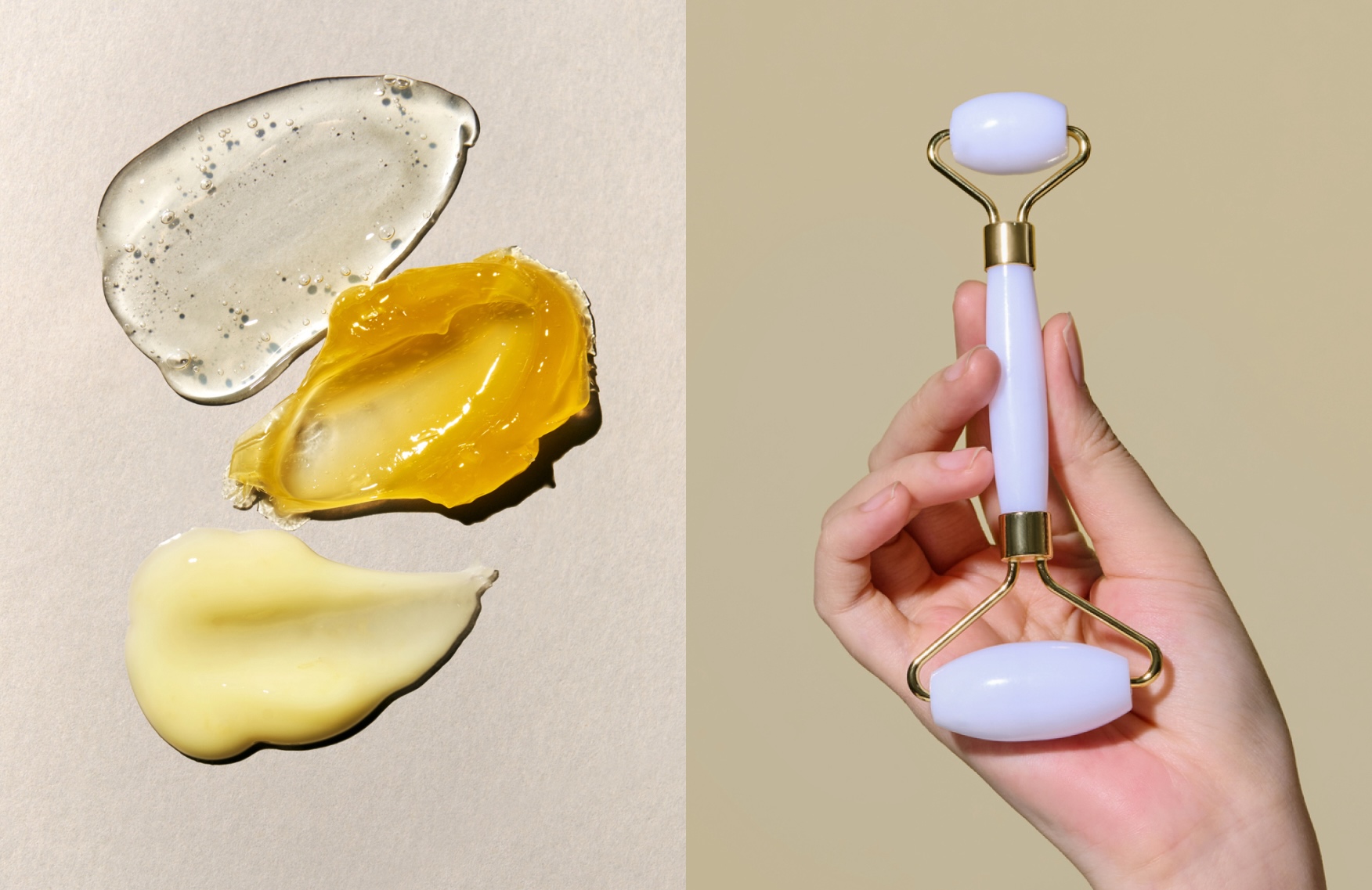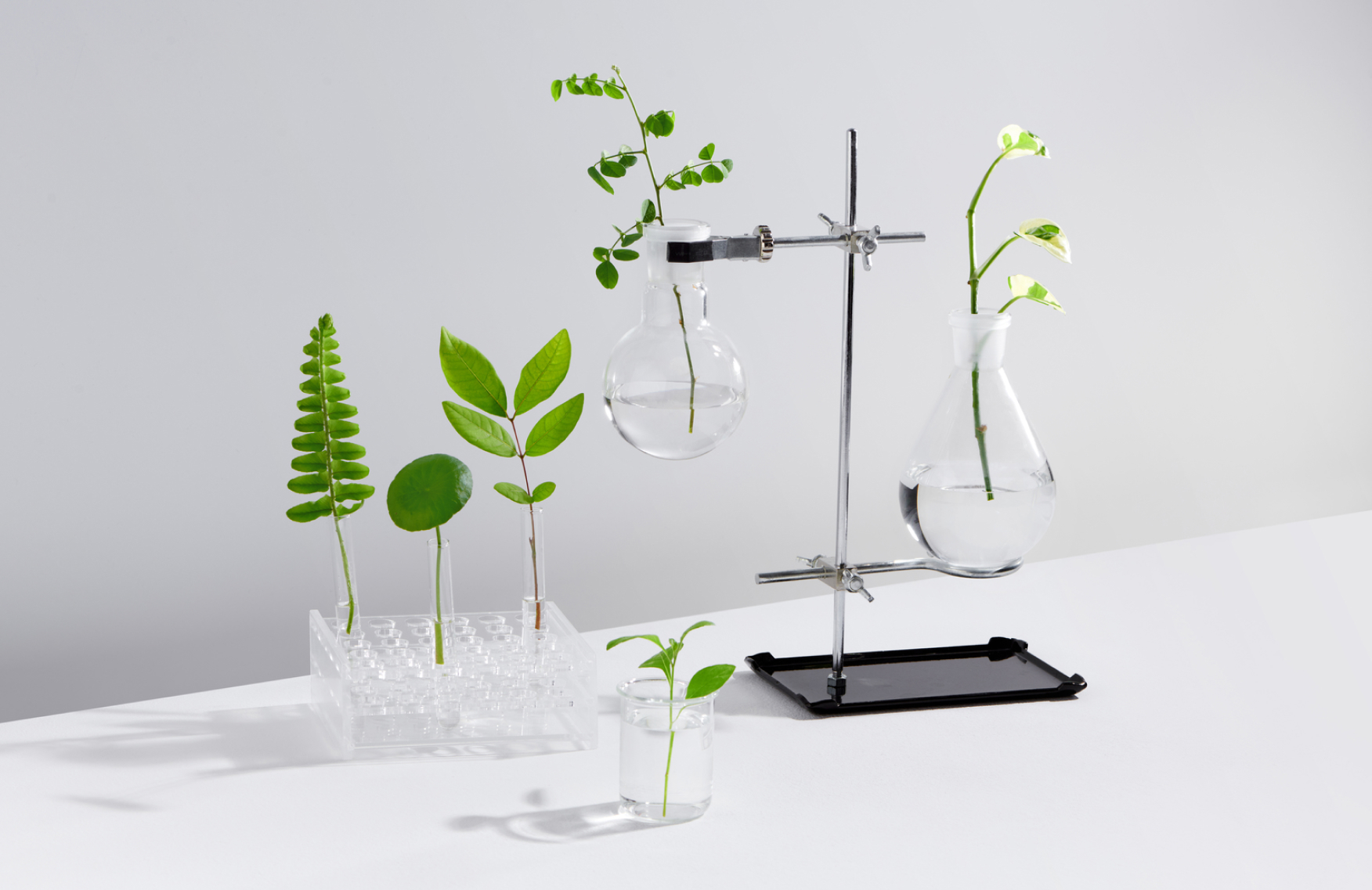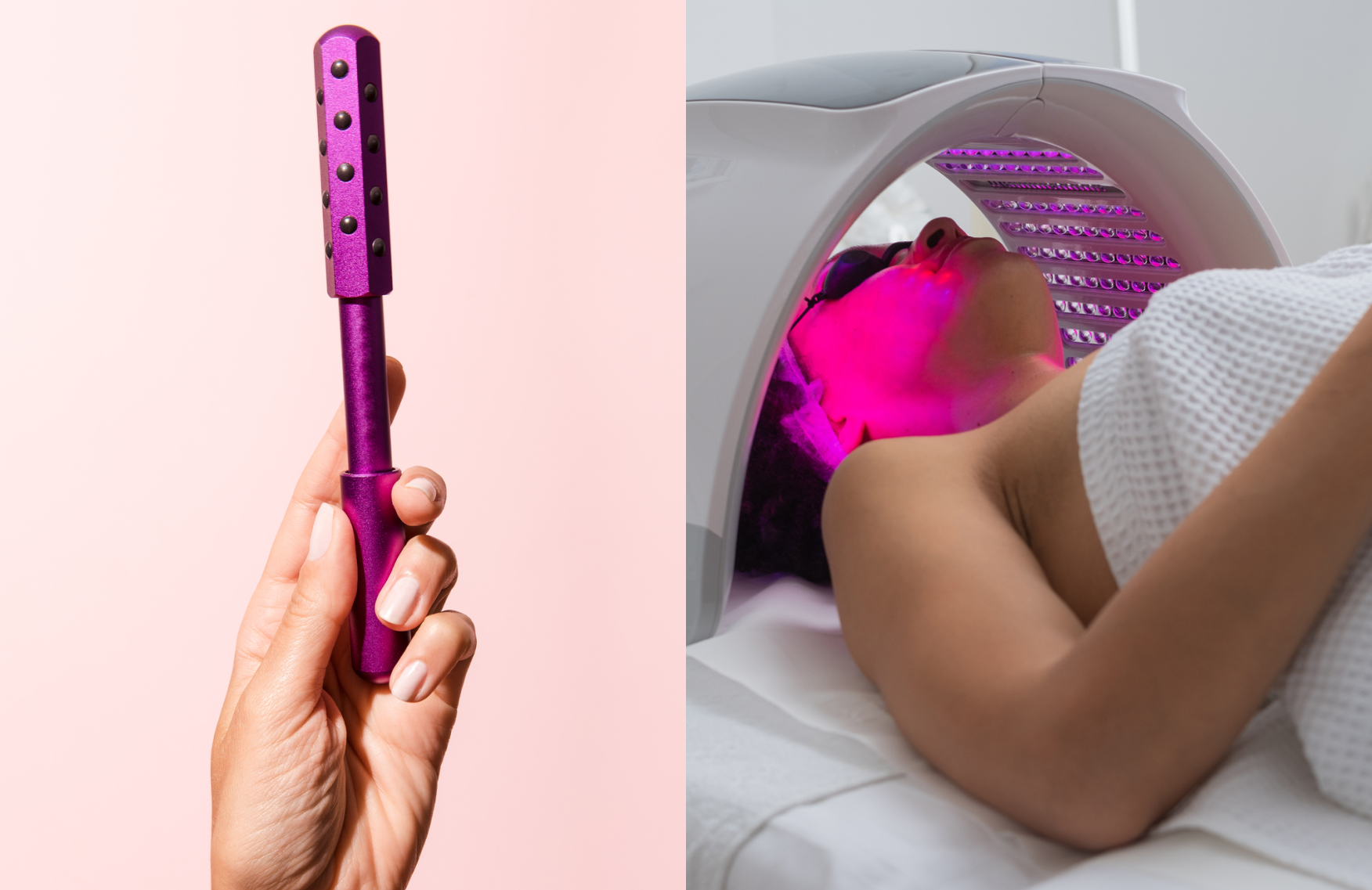Skincare standards, part 1: These facts about salicylic acid will surprise you
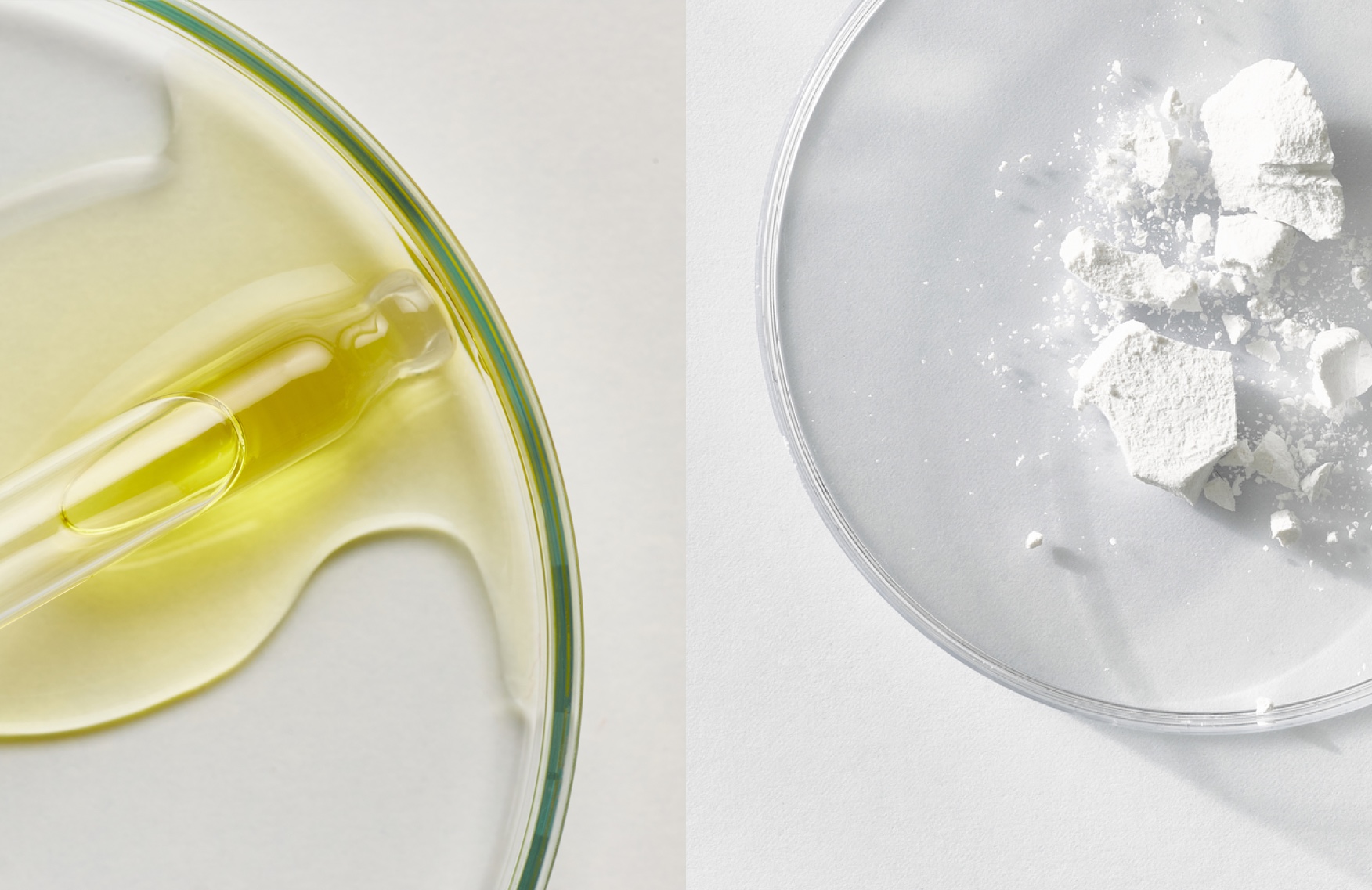
Happening now in your feed: The making of a DIY acne mask that starts with crushed-up aspirin.
Yes, the latest viral aspirin face mask for acne trend is claiming to clear acne—but how did this become a thing? Some ingredient label sleuthing reveals that aspirin is derived from salicylic acid—the same all-star ingredient in your favorite acne cleanser, toner and more. Is this hype? Or a true hack? Let’s do a deep dive on salicylic acid—from what does salicylic acid do to the best way to use it on your skin—with board-certified dermatologist, pharmacist, former acne sufferer and founder of Murad Skincare, Dr. Howard Murad.
What is salicylic acid?
Salicylic acid (also known as ortho-hydroxybenzoid acid) is an anti-inflammatory, antibacterial and anti-keratolytic beta hydroxy acid found naturally willow bark and derived from an active called salicin.
How was salicylic acid discovered?
Willow bark has been a source of medicinal pain relief and fever reducer for thousands of years. The Sumerians are credited with discovering the analgesic property of willow plant and Roman author and naturalist Gaius Plinius Secundus (also known as Pliny the Elder) often is credited as the first to use willow bark to treat skin conditions like calluses and corns. Fast forward to the 19th century: German physician Dr. Paul Gerson Unna ultimately gets credit for the most comprehensive therapeutic uses of salicylic acid for medical skincare benefits.
What does salicylic acid do?
It’s used to topically treat skin disorders like oily skin and acne because it exfoliates away layers of pore-clogging dead skin cells, and can penetrate past excess surface oils into clogged pores to clean out debris that can trigger acne.
How does salicylic acid benefit skin?
Thanks to its exfoliating and pore-clearing abilities, salicylic acid can be an efficient treatment that can help clear and prevent acne, acne lesions, blackheads and whiteheads. “Salicylic acid is also an antiseptic that helps with various conditions,” says Murad. “Obviously we know it helps with acne but we can use it to treat other issues like keratosis pilaris, cystic acne, skin roughness and acne scars.”
What does salicylic acid do for signs of aging skin, like wrinkles and hyperpigmentation? While it’s not as renowned as glycolic acid for improving signs of aging, it shouldn’t be underestimated: Salicylic acid’s exfoliating action encourages cell turnover, which ultimately contributes to diminishing the depth of wrinkles and fading dark spots.
What’s the best way to use salicylic acid in a skincare routine?
According to Dr. Murad, “It depends on the formula. It’s not enough to seek out salicylic acid cleansers or salicylic acid skincare serums because it’s not a cure-all ingredient. Yes, salicylic acid targets acne—but just like you, your skin is more than that acne bump.”
Murad continues, ”The entire landscape of your skin will be healthier if it’s treated with salicylic acid, while also being supported with hydration and antioxidants. Salicylic acid is an active ingredient made more efficacious by the ingredients it’s formulated with. Without those ingredients, skin could be more susceptible to conditions that trigger even more acne, like extreme dryness, irritation and barrier damage.” When asked, “Is salicylic acid good for acne scars?”, Dr. Murad replied salicylic acid can be part of an acne scar treatment solution thanks to its exfoliating and resurfacing benefits that will help smooth scar texture and scar depth.
Tip: Don’t just rely on topicals
As a pharmacist (internal medicine) and dermatologist (external medicine), Dr. Murad sits at the intersection of internal and external biology. That’s why he strongly recommends taking an inside-out approach to clearing your skin by boosting cellular health. “Acne is often treated as an external skin disease but the skin absorbs internal signals like stress hormones, which can drastically shift its homeostasis.” He recommends supporting healthy skin with a skincare regimen and supplements like zinc and burdock root to help clear acne from inside out.
And finally: Should you be making an aspirin mask for acne?
“I don’t think it’s the best thing you could do because it could be irritating and could be harsh on your skin,” says Murad. “It’s not hard to understand why people would think, ‘salicylic acid: same ingredient, same benefits.’ Aspirin is an anti-inflammatory and acne is an inflammatory skin disease. If anything, the aspirin is taking down the inflammation of the breakout, which makes the skin look like it has less acne.” Since social media trends move faster than the clinical trials can validate or debunk them, aspirin face mask dangers are somewhat up for debate. That’s why it’s best to stick to doctor’s orders.
References for this information:
International Aspirin Foundation Website, Chemistry
Italian Journal of Dermatology and Venereology, 2020, volume 155, issue 6, pages 744-748
Healthline Website, Skincare
British Journal of Haematology, 2017, volume 177, issue 5, pages 674-683
Journal of Cardiovascular and Thoracic Research, 2021, volume 13, issue 2, pages 179-180
Clinical, Cosmetic and Investigational Dermatology, 2015, volume 8, pages 455-461
The Journal of The European Academy of Dermatology & Venereology, 2020, volume 34, issue 9, pages 1980-1899
